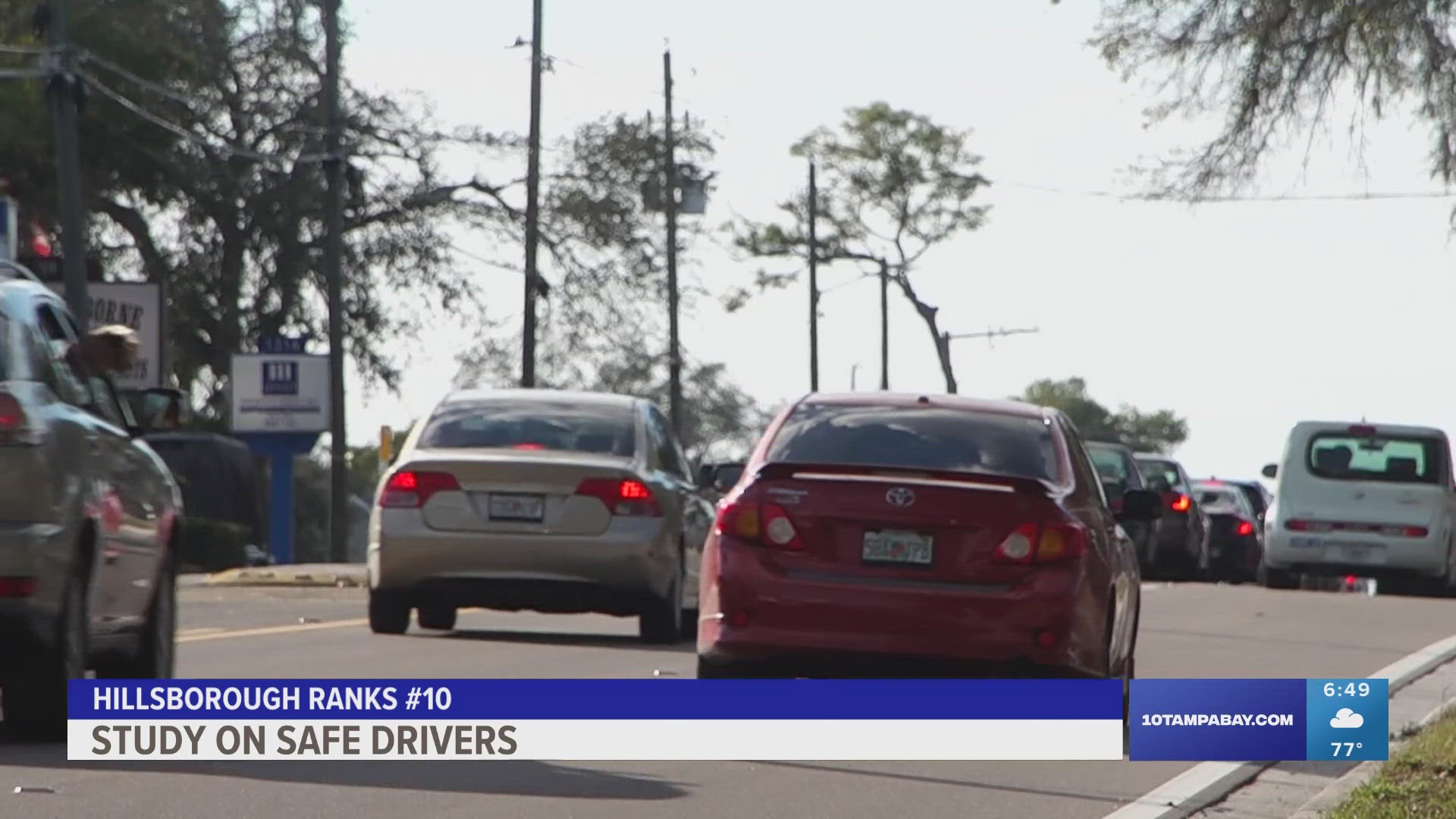In a 5-4 decision, the U.S. Supreme Court will allow Florida to continue battling Georgia over water rights.
The Supreme Court has remanded the case back to a special master appointed by the court. The majority ruling explains the special master applied too strict a standard the first time around when deciding that capping Georgia's water consumption wouldn't help Florida.
Now, it will be up to Florida again to prove that it should have more water saved for itself. Previously, the special master had rejected Florida's call to limit Georgia's water consumption.
According to Politico, the lawsuit has costed Florida taxpayers more than $41 million.
Gov. Rick Scott released the below statement following the Supreme Court's ruling.
“Today’s ruling is a huge win for the entire state of Florida," Gov. Scott said. "As Governor, protecting the families whose livelihoods rely on the Apalachicola Bay has been a top priority. For nearly thirty years and under five governors, Florida has been fighting for its fair share of water from Georgia. After decades of failed negotiations, we took our historic action to protect families all the way to the U.S. Supreme Court. I am glad that the court ruled in Florida’s favor today and we look forward to further securing a healthy Apalachicola Bay while protecting the thousands of jobs that depend on this natural resource. The best interest of these families will always come first."
The expensive battle has been ongoing since the 1990s, when Alabama filed the first lawsuit against the Army Corps of Engineers to try and get it to release more water from Georgia. But, things came to a head five years ago, when Florida sued Georgia over the collapse of its oyster industry in Apalachiccola Bay along the Gulf, where 90 percent of the state's oysters are harvested.
Florida argued Georgia was, in essence, hoarding water by keeping it backed up in Lake Lanier and asked the court to put a cap on Georgia's water usage to allow more water from the Chattahoochee River to flow downstream.
Georgia, on the other hand, argued it has been responsible for water usage, and putting a cap on it would limit consumption to 1992 levels – when Atlanta had half as many people.
In 2017, Special Master Ralph Lancaster, Jr. was appointed by the Supreme Court Justices to review the case. He concluded that, yes, Georgia could have done more to conserve water, but Florida failed to to prove capping Georgia's water usage would have provided relief further down stream. That's because the U.S. Army Corps of Engineers wasn't included in the lawsuit and wouldn't be compelled to send water taken from Georgia down to Florida. As a result, Lancaster urged justices to drop Florida's case.
The Supreme Court heard oral arguments back in January.
►Make it easy to keep up-to-date with more stories like this. Download the 10 News app now.
Have a news tip? Email tips@wtsp.com, visit our Facebook page or Twitter feed.



